Movie Review – Dune: Part One
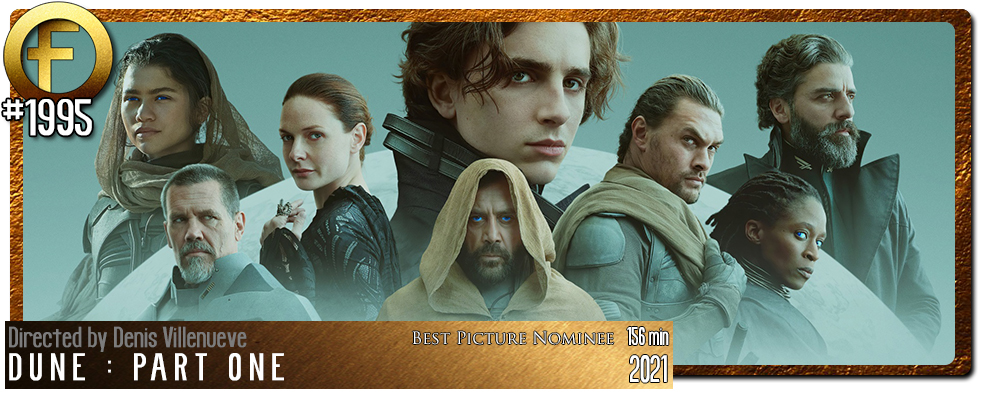
Principal Cast : Timothee Chalamet, Rebecca Ferguson, Oscar Isaac, Josh Brolin, Stellan Skarsgard, Dave Bautista, Stephen McKinley Henderson, Zendaya, David Dastmalchian, Chang Chen, Sharon Duncan-Brewster, Charlotte Rampling, Jason Momoa, Javier Bardem, Babs Olusanmokun, Benjamin Clementine, Golda Rosheuvel, Roger Yuan.
Synopsis: The son of a noble family is entrusted with the protection of the most valuable asset and most vital element in the galaxy.
********
If you’re going to make a feature film adaptation of one of literary science fiction’s greatest ever works, you really need to go all-out. Bless him, auteur French film director Denis Villeneuve (Prisoners, Blade Runner 2049, Arrival) takes the swollen budget afforded to him by Warner Bros and goes for absolute broke in adapting Frank Herbert’s once-considered unfilmable tome Dune, a novel heady with intricate narrative, boatloads of internal monologues and a sense of epic scale almost unmatched by his contemporaries. Although previously adapted by David Lynch in the abysmal 1984 release, and again in a 2000 miniseries, the story of Paul Atreides and his journey of self-discovery on the sand planet of Arrakis has largely been overlooked and unseen by the vast majority of general audiences. Staking an enormous budget and stellar cast against the minimal awareness of the property – seriously, Dune has until now been largely the domain of uber-nerds, film B-movie aficionados and those with an esoteric appreciation of intelligent sci-fi – Villeneuve crafts a film of significant scope and spectacle surrounding an intimate character portrayal of a young man at war with his own destiny.
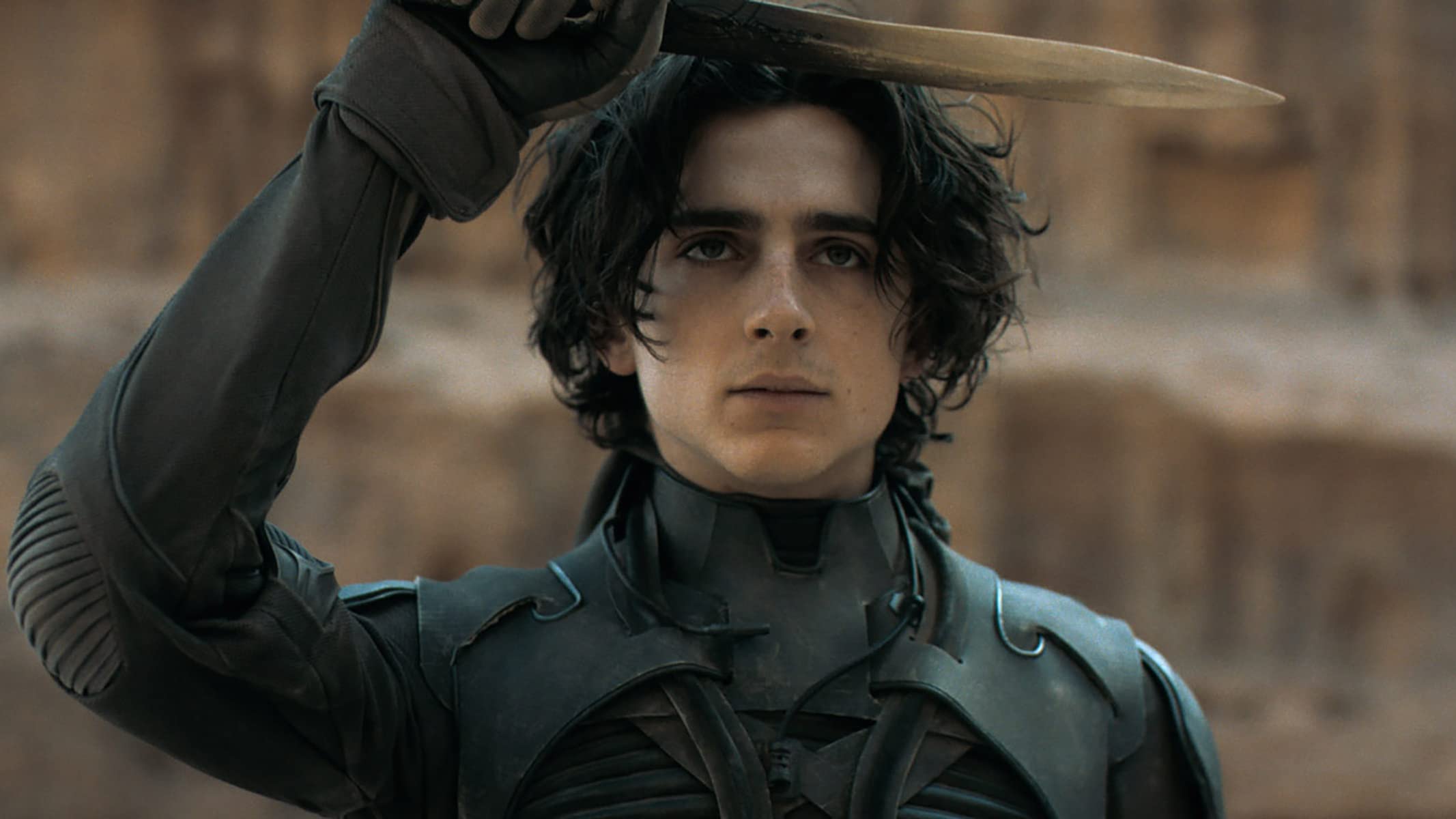
In the far future, the galactic Emperor tasks the wealthy House Atreides, let by Duke Leto (Oscar Isaac – X-Men: Apocalypse), to take control of the desert planet Arrakis from the beastly and violent Harkonnen, who have been requested to vacate their fiefdom. Landing on Arrakis, a planet rich in the most valuable commodity in the universe, spice, the Duke, his wife Lady Jessica (Rebecca Ferguson – Doctor Sleep) and son Paul (Timothee Chalamet – The King) find themselves targeted in a duplicitous attack, betrayed by the Emperor due to their perceived wealth. The Harkonnen House patriarch, Baron Vladimir (Stellan Skarsgard – Pirates of The Caribbean: At World’s End), seeks to usurp control and sends his nephew, Glossau (Dave Bautisa – Army Of The Dead) to wipe out the Atreides forces, while Duke Leto’s principal adjuncts, Gurney Halleck (Josh Brolin – Oldboy) and Duncan Idaho (Jason Momoa – Aquaman) try to repel the invaders. Paul, meanwhile, seems destined to fulfil a local prophesy about being “the chosen one”, foretold by the Bene Gesserit witches (Charlotte Rampling – Red Sparrow), and who has visions of Arrakis’ local sand-dwelling indigenous population, the Fremen, led by Stilgar (Javier Barden – The Counselor), and in articular a beautiful young woman Chani (Zendaya – The Greatest Showman).
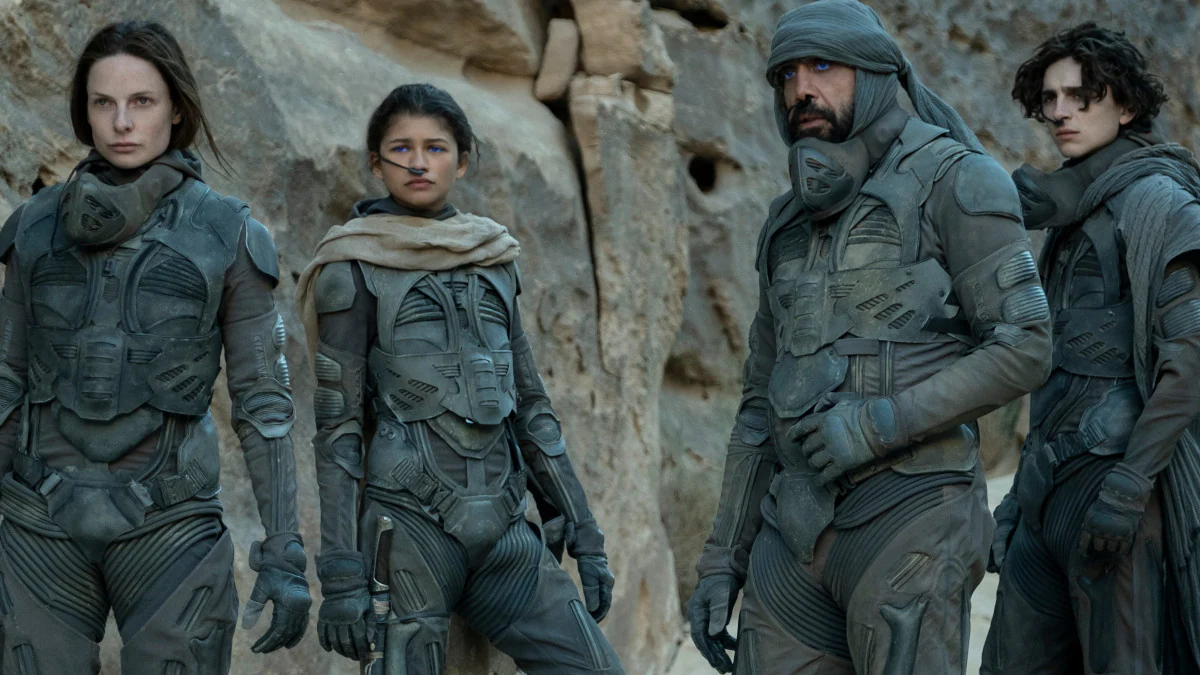
Frank Herbert’s “Dune” is to science fiction fans what Tolkien’s “Lord Of The Rings” is to fantasy nuts; the pinnacle of the genre and arguably the standard bearer for all that have come since. Originally published in the mid-60’s, Herbert’s original novel would capture both Hugo Awards and Nebula Awards, with the author returning to the franchise multiple times for a variety of successful sequels, most notably “Dune Messiah”, “Children of Dune”, and “God Emperor Of Dune”. Described most accurately as a “sprawling epic”, Herbert’s imaginative galactic space opera became synonymous with heady intellectualism and a specific realism crafted by a master imagineer. That the book series has failed to be successfully adapted for audiences is perhaps due mainly to its cerebral approach to the genre, more akin to Arthur C Clarke’s “2001: A Space Odyssey” than pure fantasy like Star Wars or Star Trek. “Dune” is “hard” sci-fi, a narrative propelled by complex characters and philosophical convergence than pure flights of fancy, albeit set in a world far removed from our own and populated by bizarre and unrecognizable characters.
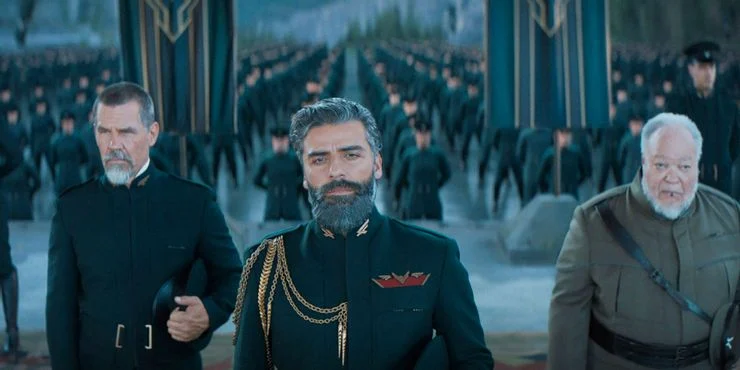
If there is a current director capable of tackling such a sprawling narrative and turning it into some kind of coherent and compelling feature film, Denis Villeneuve would be at or near the top of the list. The man has become the poster boy for modern science fiction filmmaking – maybe rivalled only by Christopher Nolan – with his work on both Arrival, a Best Picture Nominee, and Blade Runner 2049, the sequel to Ridley Scott’s Blade Runner and a masterpiece in and of itself, setting him up as one of the titans of visual brilliance working in the industry today. Villeneuve, together with Jon Spaihts and Eric Roth, pare back Herbert’s original text to its critical story beats, refine the narrative to a less contemplative style (the books feature an inordinate amount of internal character exposition), with a screenplay that touches on elements of family, of destiny, and of unparalleled forces raging off-screen to set in motion a war for the ages. That this film is the first part of a proposed duology – with the second film due to release in 2023, all things going well – is indicative of just how protracted and involving Herbert’s world-building is, with the filmmaker having to literally construct an entire new vernacular for audiences to follow.
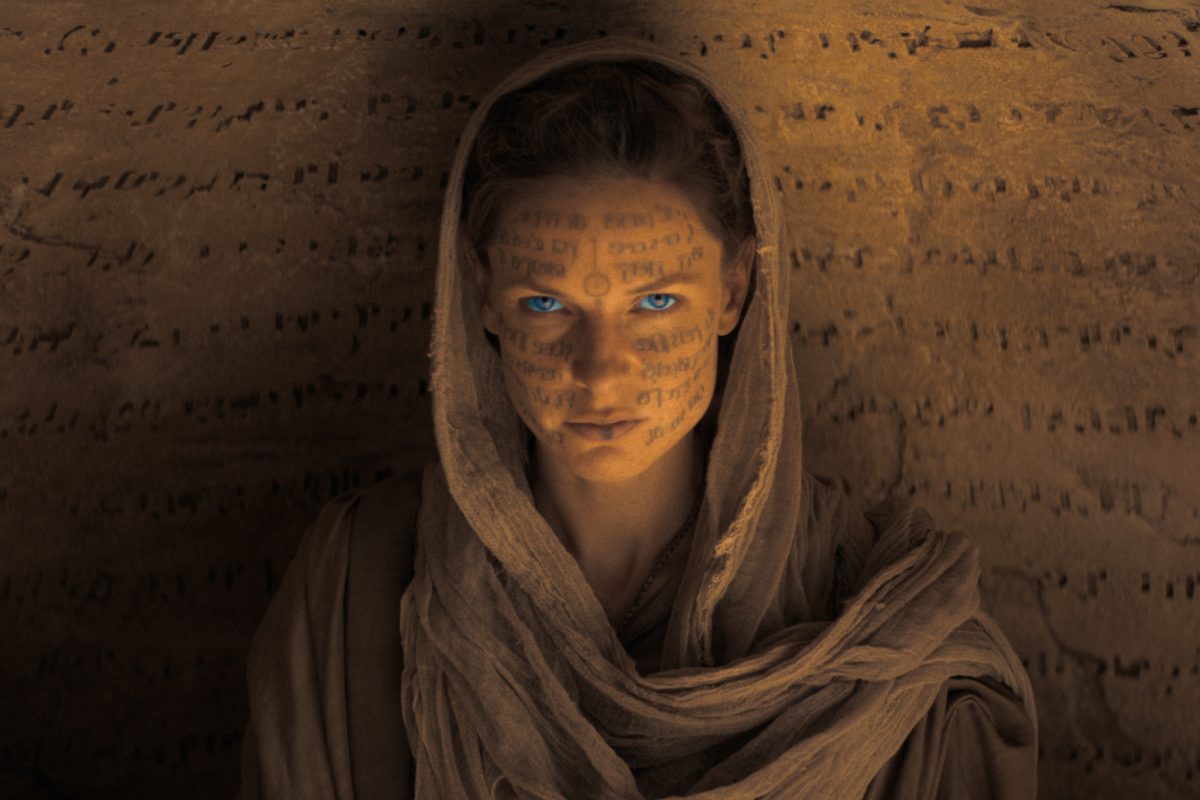
Similar to Peter Jackson’s work on Lord Of The Rings, here Villeneuve has to pay homage to Herbert’s imagination and ensure the story and characters remain compelling to audiences unfamiliar with the world within. Herbert wasn’t the linguistic specialist that Tolkien was, but he did invent numerous dialects for the various races and religions within Dune’s galaxy-spanning milieu, from the cultish Bene Gesserit witches with their mysterious vocal powers, to the Harkonnen’s sinister warlike patriarchy, to the various technologies and mystical powers some of the characters display, and it’s testament to Villeneuve’s skill as a director he can weave all this into a naturally paced, incredibly stylish feature film that’s both gloriously beautiful and easily the most accessible version of this story yet told. He takes tropes and clichés in sci-fi and makes them feel fresh, working as both a master visualist and a portrait painter of intimate accents, and between the demands of fans and story purity he also injects genuine humanity, led by Rebecca Ferguson’s Lady Jessica.
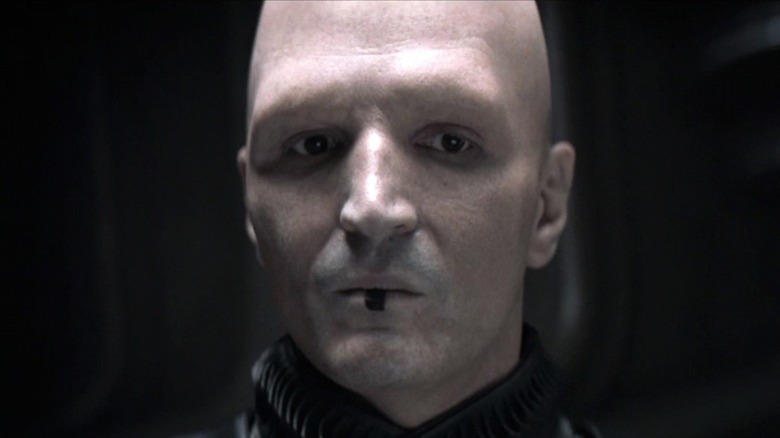
Ferguson’s character, the mother of the film’s central character, is easily the most empathetic to the audience. It’s through her we witness the horror of Harkonnen destruction, the terror of her Bene Gesserit sisterhood, whose background machinations form a lot of the social, religious and political force in the galaxy, and the love a mother has for her son as he starts to discover his own sense of identity. It would be easy to suggest Ferguson is merely a supporting character, but in terms of her importance to Dune’s story, she’s admirably front-and-center alongside Timothee Chalamet’s Paul. For his part, Chalamet plays Paul Atreides as I always imagined him in my mind’s eye. He brings a sense of mournful regret and hopeful destiny to the role, an athletic and enthusiastic performance despite the film being draped in elegiac tones and a sense of desperate futility. He makes the character feel more fleshed out and naturalistic than Kyle MacLachlan’s turn in Lynch’s ’84 version, although it helps having both a decent script and a director more attuned to the peculiarities of Herbert’s text behind the camera.
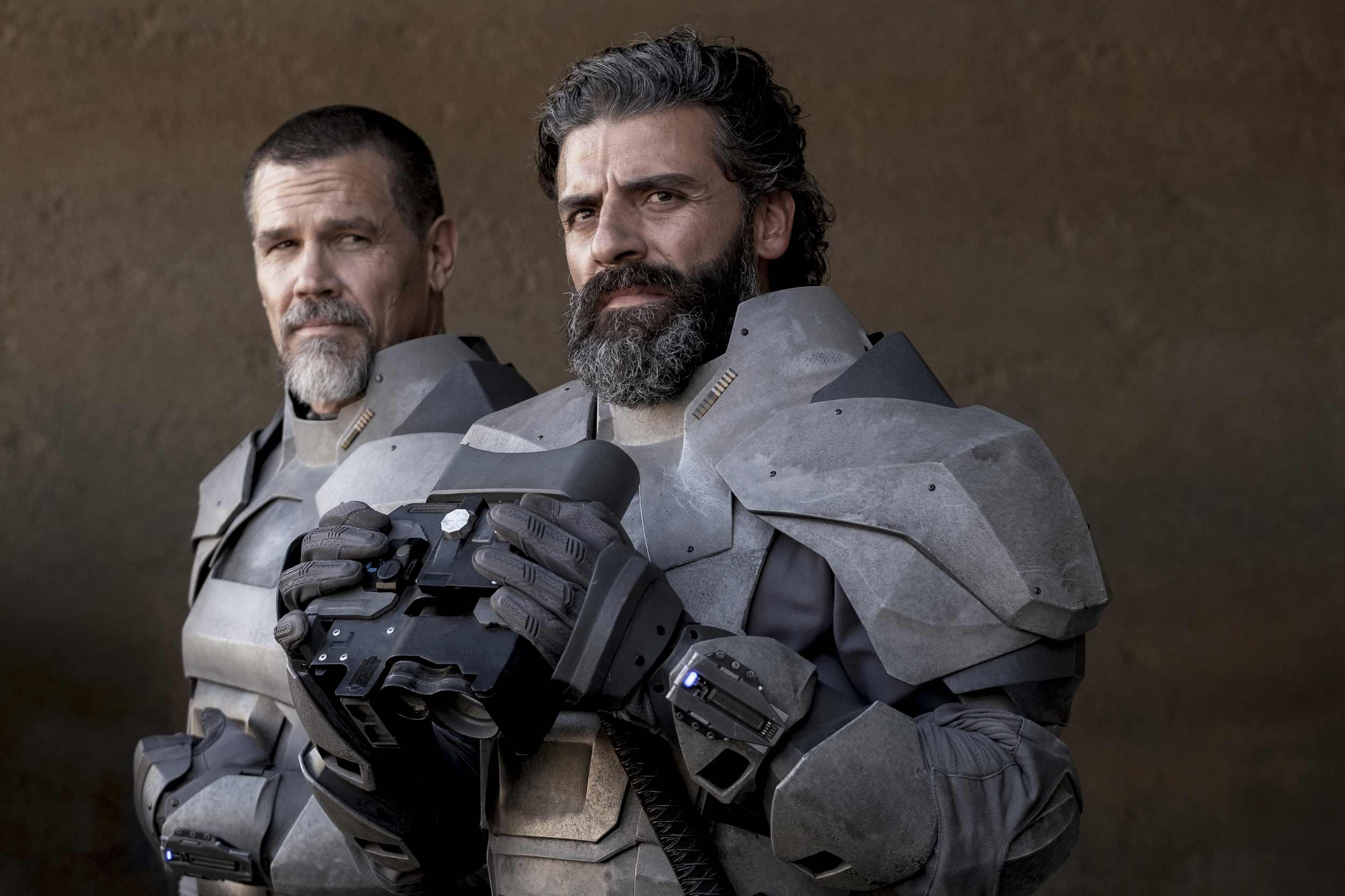
Augmenting this stellar work of fiction are a stable of reputable A-list stars, not the least is Oscar Isaac playing the Duke and Josh Brolin as his weapon’s master, Gurney. Dave Bautista has a blast playing the rage-filled Harkonnen princeling Glossau, Jason Monoa puts his Aquaman skills to use as the warrior Duncan, and David Dastmalchian is eminently creepy as the Harkonnen mentat, a race of telepathic beings used as heralds by the great Houses of the film. Also playing a mentat is Stephen McKinley Henderson, while Chang Chen plays the squirrely Atreides medical practitioner, Dr Wellington Yueh. Javier Bardem’s solemnity is put to great use as the leader of the mysterious Fremen, a race of people who live within the monumental sand dunes of Arrakis and have a healthy respect for the planet’s enormous sandworms, known in the local language as “shai-hulud”. Current It-girl Zendaya, known for her roles in Euphoria and the Tom Holland Spider-Man films, has an extended cameo as Chani, a Fremen woman who populates Paul’s visions and who turns up towards the end of this film (ready for a larger role in Dune: Part Two, one suspects), and although given very little to do at least poses a strong visual cue for Paul to dream and meditate on. A minor but effective role to Charlotte Rampling, as Bene Gesserit Reverend Mother who tests Paul’s magical abilities early in the film, is worth noting as well.

If the brilliant screenplay and towering cast aren’t enough, Villeneuve’s use of sound design and Hans Zimmer’s thunderous score will seal the deal. The film looks spectacular, from its live-action footage down to the precision sharp visual effects, a seamless blend of truth and fantasy that you simply will not penetrate; cinematographer Greg Fraser, an Australian native who also pulled the same duty on Matt Reeve’s The Batman, has given this film a razor-sharp visual tone and delivers greatness in a widescreen aspect ratio, a film filled with depth and nuance and some truly spectacular photography. But it would amount to naught were it not for Zimmer’s musical cues, which are truly biblical in triumphant effect and certainly serve as the foundational platform for Villenueve’s success. The aching subtlety of the Fremen, the withering war themes as the Harkonnen’s wreak havoc, and the sonorous, cosmic underscore all work as a symphony of ethereal perfection.
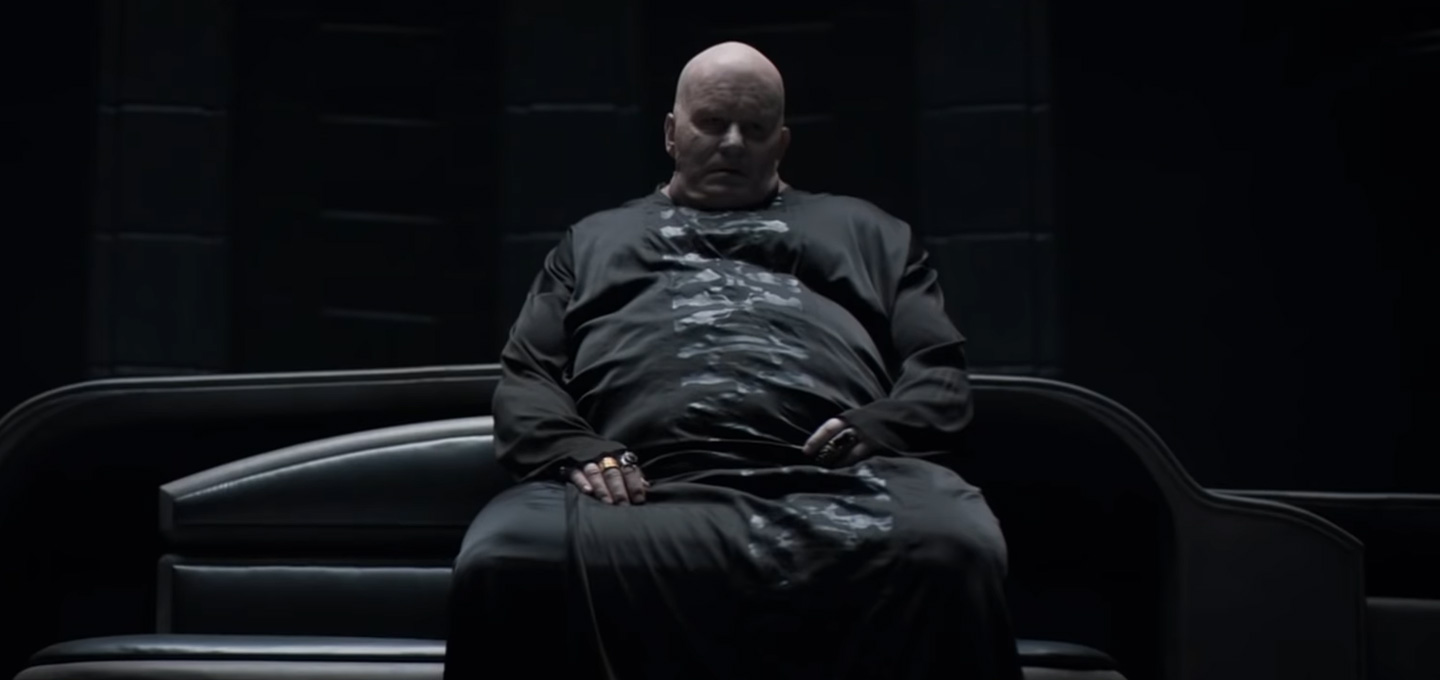
But nothing, I repeat nothing, comes close to Dune’s astonishing sound design. Mac Ruth, Mark Magini, Theo Green, Doug Hemphill and Rob Bartlett all work in both mixing and effects for the sound design and this is arguably one of the most immersive, sharpest and most affecting works of surround sound I’ve heard in a very, very long time. Few films are as precisely mixed as this and to be honest, as an audiophile from way back, Dune Part One represents a true high point in the craft. The roar of the sandworms, the guttural chatter of battle, the dynamism of the Arrakis ornithopters – aircraft using the physics of a dragonfly to propel themselves through the atmosphere – the thump of city-levelling explosions and the creepy use of the Voice, a command uttered by those skilled in verbal manipulation similar to the Force in Star Wars: Dune’s sound design is utterly astounding.
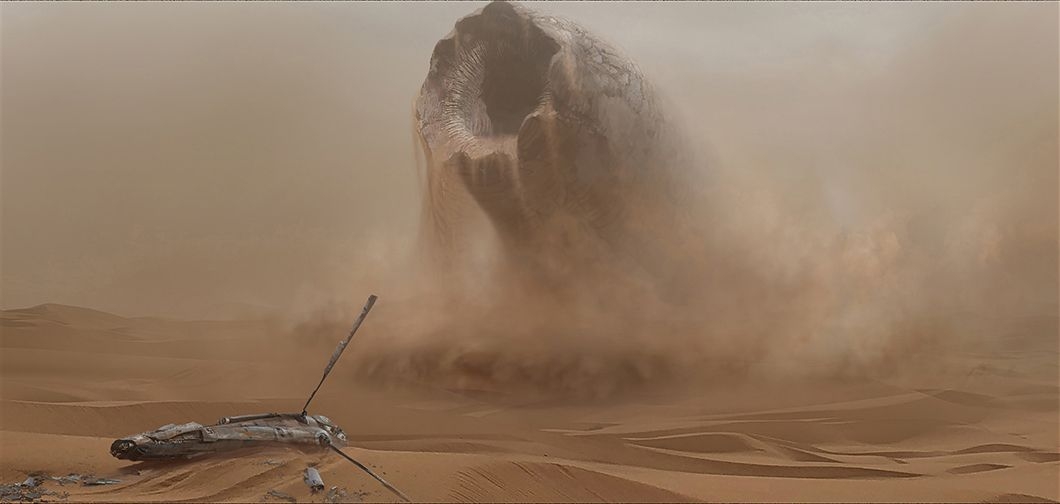
That Denis Villeneuve has managed to create a coherent story our of Frank Herbert’s meandering, densely plotted novel is something to be celebrated. That it turned out as brilliantly as it has is among the most astounding of modern miracles of cinema. Some may find it disappointing that the film just… ends – around the mid-point of Herbert’s novel, it must be said – leaving it hugely open ended for the next instalment, but I think it all works superbly. There are stakes, wonderful character development, tragedy and some terrific surprises, and in turning this sprawling story into a fairly easy to understand feature film is a testament to Villeneuve’s skill as both a storyteller and visual master. Led by some terrific performances and stellar production behind the camera, Dune Part One is the astounding opening salvo in what I expect to be a science fiction cinematic masterpiece.
